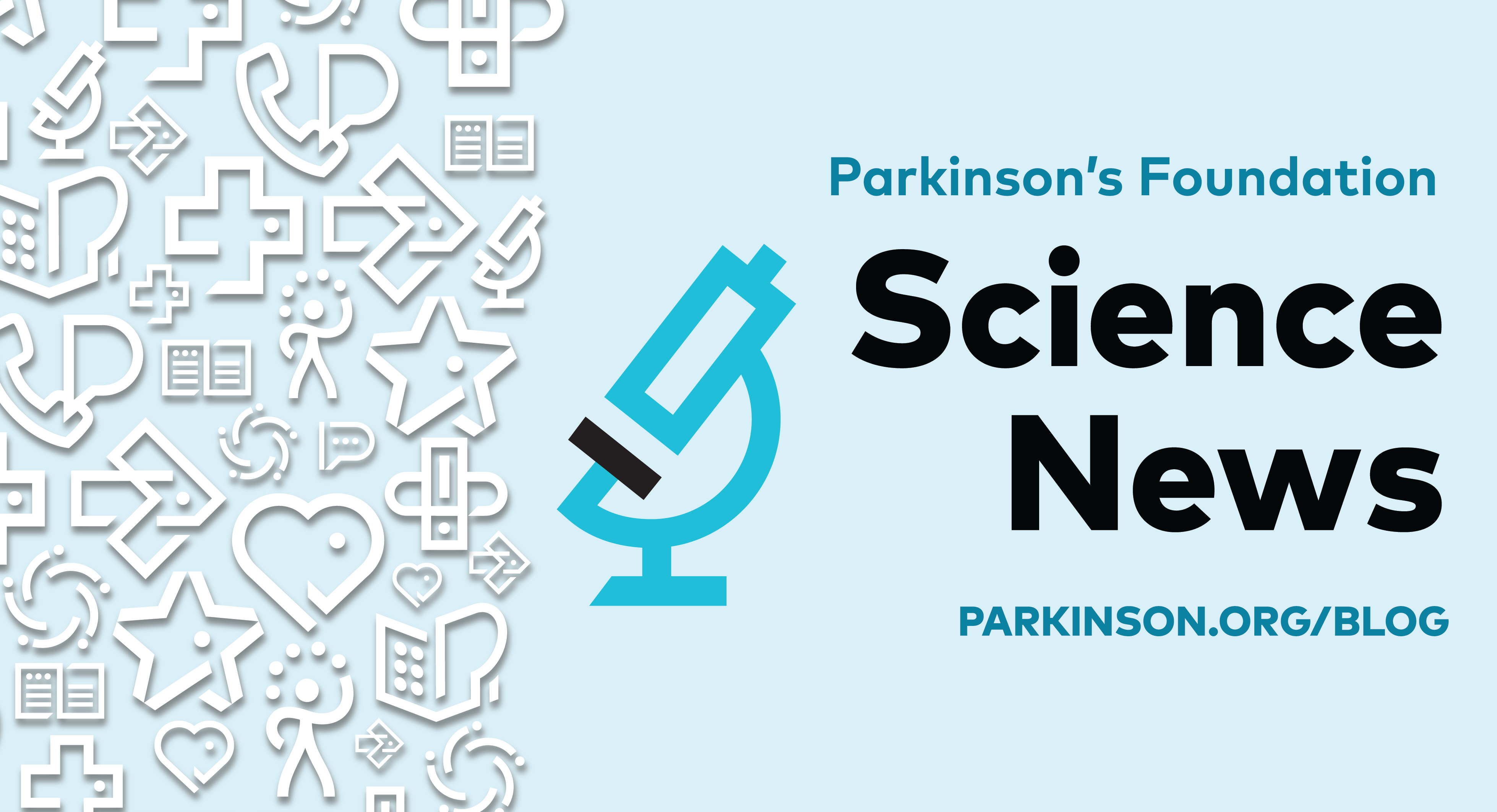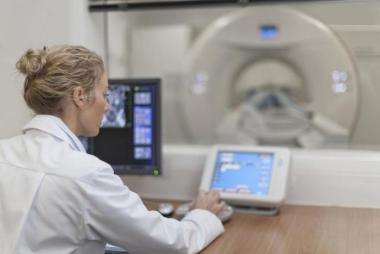Caution Ahead: Linking Concussions to Parkinson’s and Dementia

A concussion is a type of traumatic brain injury (TBI). They are generally described as self-limiting and on the less-severe end of the brain injury spectrum. It is estimated that as many as 3.8 million concussions occur in the U.S. every year during competitive sports and recreational activities. That number may be even higher ― research shows that upwards of 50 percent of concussions may go unreported. What does a concussion have to do with Parkinson’s disease (PD) and dementia? Possibly a lot.

Recently published in the journal, Family Medicine and Community Health, a study titled “Associations between concussion and risk of diagnosis of psychological and neurological disorders: a retrospective population-based cohort study” (Morissette, Prior, Tate, Wade, & Leiter, 2020), sought to investigate whether having experienced a concussion might increase one’s risk of being diagnosed with PD and dementia, as well as Attention-Deficit Hyperactivity Disorder (ADHD) and Mood and Anxiety disorders (MADs) later in life.
This is not the first study to connect Parkinson’s to concussions. What makes this study different is that it focuses on Parkinson’s and the more common mild concussion (or mild TBI), sustained from falls or exercise-related injuries. Previously, research has focused on studies comparing PD and concussions known as high-impact TBIs ― those related to sports injuries or traumatic contact sustained by the head.
This was a robust, case-controlled, 25-year retrospective study examining medical records from 1990-1991 to 2014-2015. It compared the health outcomes of 47,483 people (28,021 men and 19,462 women) who had suffered concussions with 139,030 (81,871 men and 57,159 women) healthy people (controls) matched by age, sex, socioeconomic status and geographical location. The study used several statistics models among other sensitivity models.
Results
Regardless of age, sex, socioeconomic status and residence, having suffered a single concussion in one’s lifetime increased the likelihood of later being diagnosed with:
- Parkinson’s disease by 57%
- Dementia by 72%
- ADHD (Attention-Deficit Hyperactivity Disorder) by 39%
- Mood and Anxiety Disorders (MADs) by 72%
- Sustaining multiple concussions further increased the risk for developing both PD and dementia.
What Does It Mean?
While the CDC considers most TBIs reported annually to be mild, this study found that experiencing a concussion may, in fact, be a substantial risk factor for developing Parkinson’s disease and dementia (as well as ADHD and MADs).
Having a single concussion increased the risk of developing PD by 57% and dementia by 72%; and having multiple concussions further increased the risk of developing PD and dementia compared to people who suffered only one concussion. While additional studies are surely warranted, this study suggests that concussions should be taken more seriously by healthcare providers, as there may be unanticipated, long-term neurological effects.
Learn More
The Parkinson’s Foundation believes in empowering the Parkinson’s community through education. Learn more about the association of brain injuries and PD by visiting the below Parkinson’s Foundation resources, or by calling our free Helpline at 1-800-4PD-INFO (473-4636) for answers to all your Parkinson’s questions.
Related Blog Posts

Treating Sleep Apnea May Lower Parkinson’s Risk

Top Parkinson’s Science News Articles of 2025
